The Best Things About Living in the Suburbs

The majority of Americans call the suburbs home—55 percent, according to the Pew Research Center—and it’s not hard to see why. Your dollar goes further than it would in a city, meeting people is easier than it is in more remote rural areas, and those meticulously-maintained neighborhoods would make anyone proud to call them home. But if you’re on the fence about where to build your white picket fence, read on to discover why the ‘burbs should be your final destination.
1
The homes are bigger.
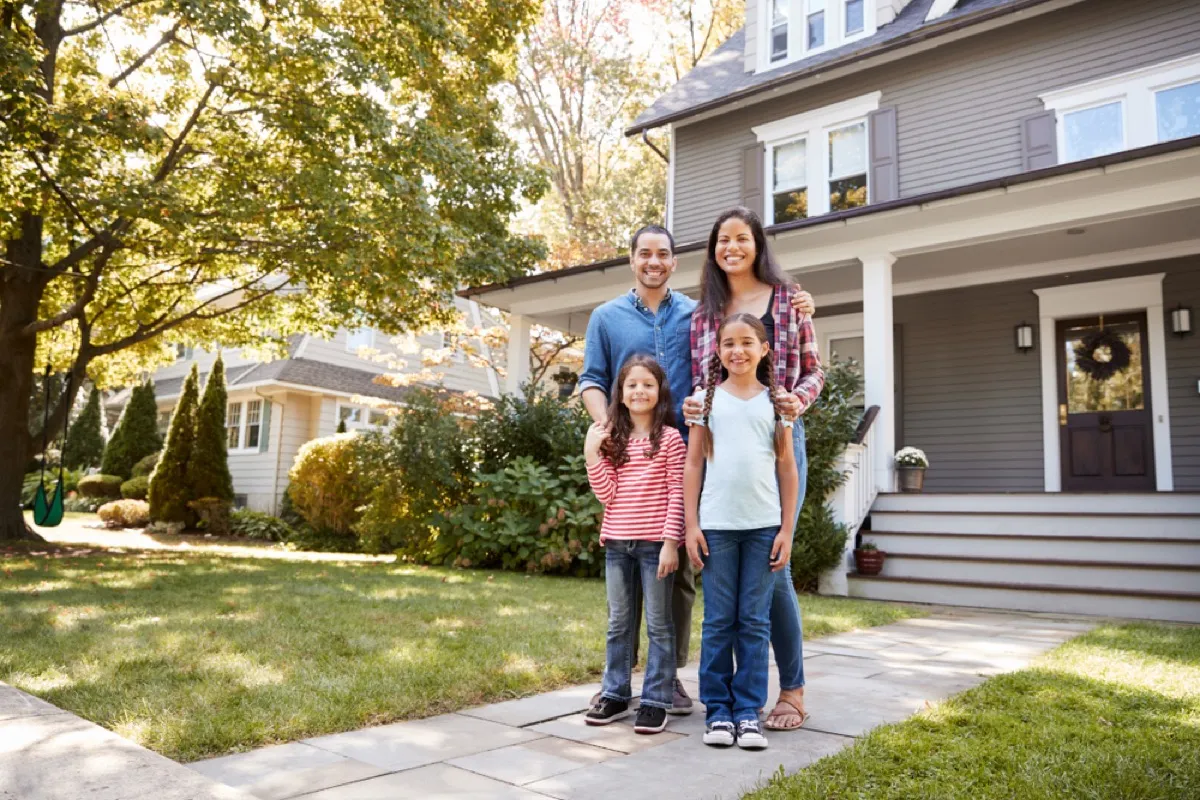
If you’re looking for space, the suburbs are definitely the place to find it. According to U.S. Census data, the average new American home is a roomy 2,143 square feet as of 2010. In contrast, a report from real estate intelligence company Yardi Matrix reveals that the size of the average new apartment that year was just 984 square feet (which has since declined to just 941 square feet as of 2018).
2
Housing costs are typically lower.
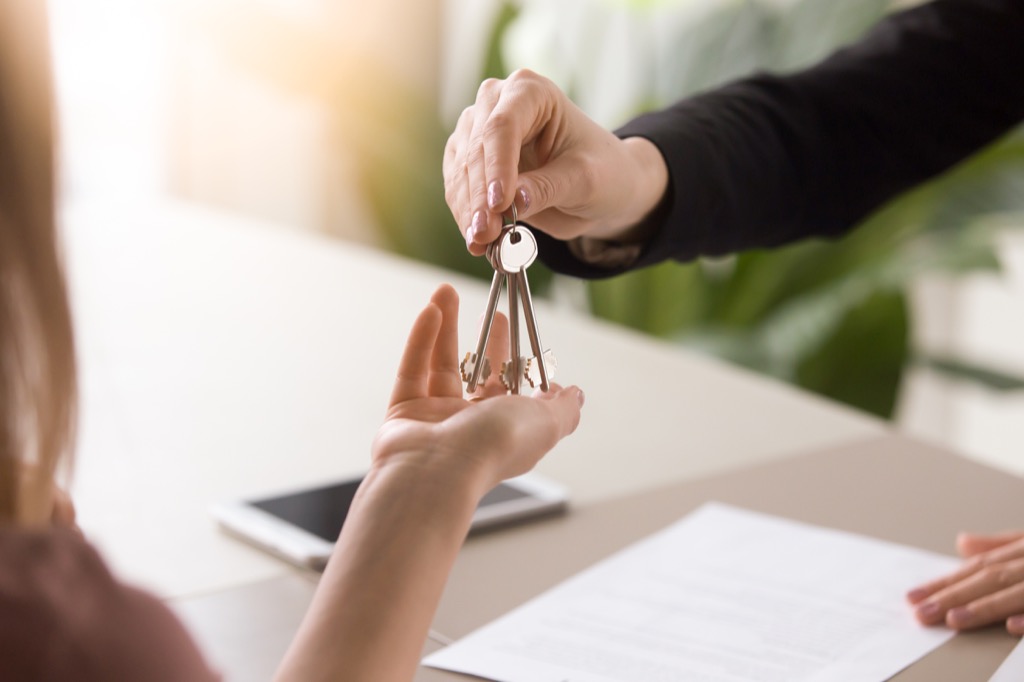
Buying a home anywhere is an expensive proposition, but in the suburbs, your dollar goes a whole lot further. In New York City—one of America’s most expensive urban centers—the median home value is $671,700, according to Zillow. However, just a 47-minute train ride away, in the suburb of Ossining, New York, you’ll find that the median home value is just $430,500.
3
There’s a built-in sense of community.

While you could easily live for years in a major city without knowing the names of the people who live down the hall, let alone in the building next door, the same can’t be said for the suburbs. In fact, many people leave urban areas in search of the very sense of built-in community that those quiet suburban neighborhoods offer.
4
Crime is typically lower.
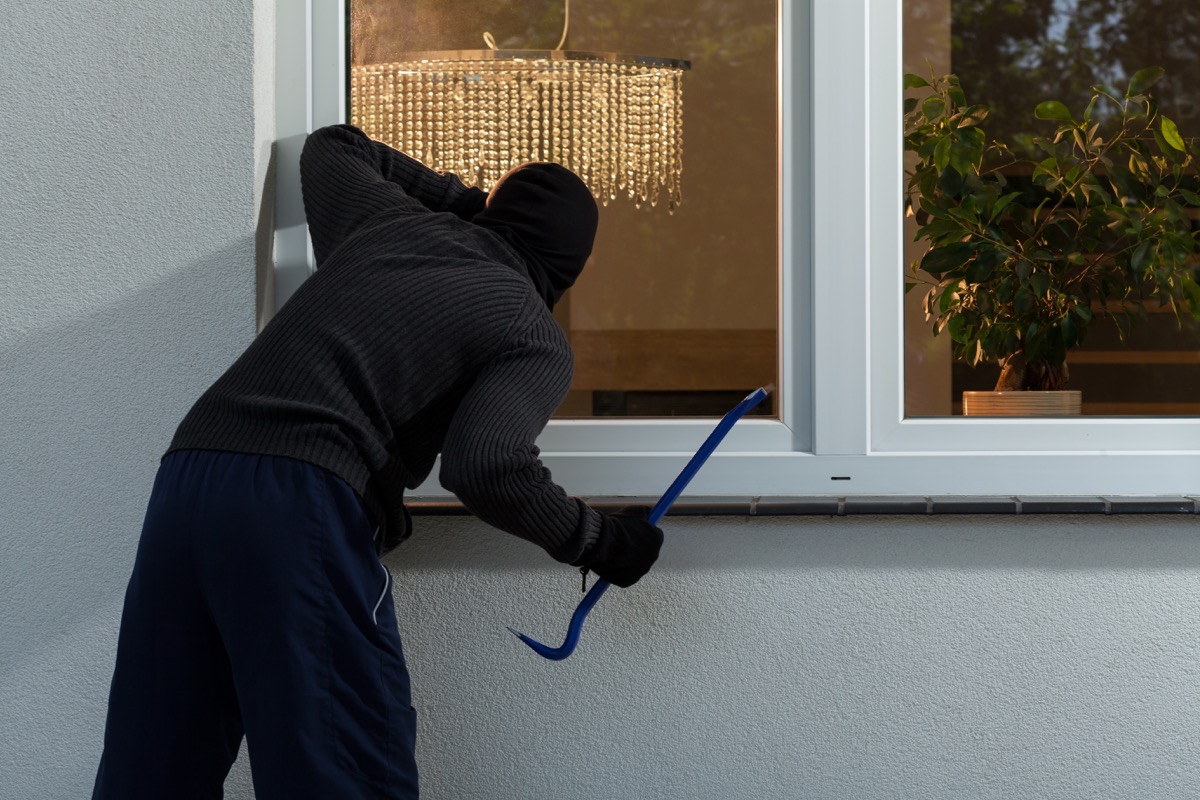
For the most part, suburbs have lower crime rates than high-density areas. According to a 2011 report from the Brookings Institute, as of 2008, the suburbs of the top 100 largest metro areas in the United States had less than half the violent crime per 100,000 residents than urban areas did—and close to half the property crime, too.
5
Kids can have more independence.

For many parents in urban areas, the thought of letting your kid venture off to play with a friend even a few blocks away can seem like a scary, potentially dangerous prospect. In the suburbs, however, adjoining backyards—and those lower crime rates—make it easy for kids to play outdoors with friends without having to walk along car-choked streets (and without giving their parents a coronary to boot).
6
The public schools tend to be less crowded and better funded.

A major reason folks move to the suburbs is for better schools—and, on average, it’s true that suburban schools are better funded than those in urban areas. According to a 2019 report from EdBuild, urban public schools receive an average of $2,100 less per student than their suburban counterparts.
7
The supermarkets are basically small cities.
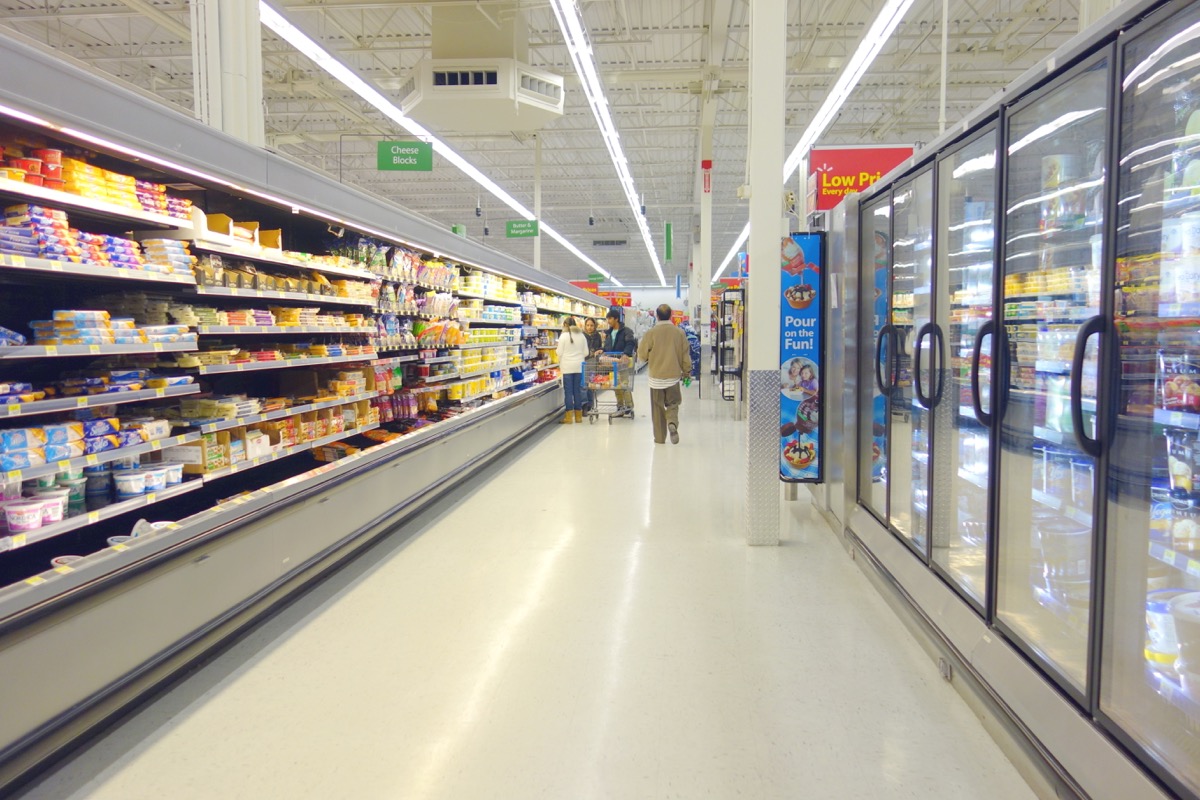
City-dwellers know the struggle of having to visit multiple stores to get everything they need. There’s the main supermarket where you get your staples, the deli you go to for prepared foods, the bakery where you pick up sweets, and the liquor store where you buy your drinks. In the suburbs, all of those items are frequently contained under the same roof, with sprawling supermarkets so large they should probably have their own zip codes.
8
And you don’t have to worry about how you’ll get those groceries home.
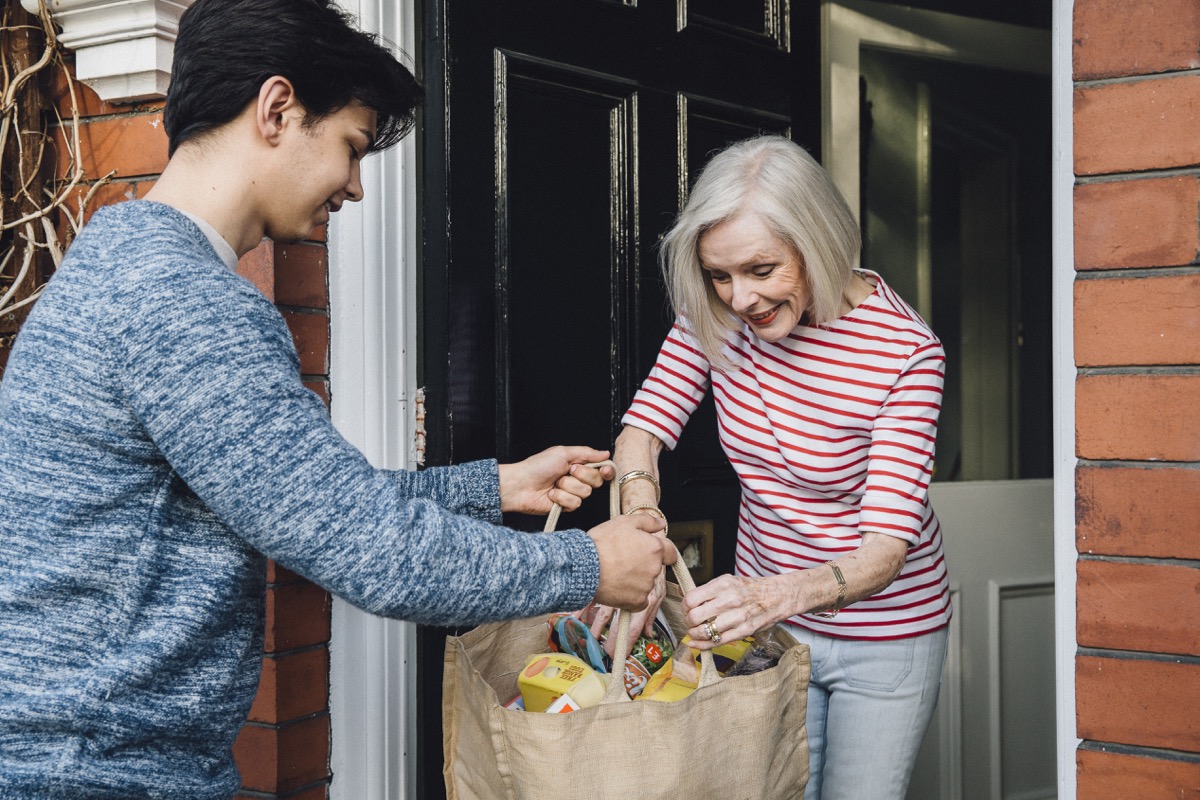
In cities where people rely on public transportation or typically walk from place to place, getting groceries is a highly-calculated activity. Do you split up your shopping into multiple trips and make it easier to carry those bags up the steps of your six-story walkup? Do you invest in one of those wheeled shopping carts (and struggle to find somewhere to store it in your apartment)? Do you head to Trader Joe’s for a few essentials, and then make a major Amazon Pantry order for the rest (and hope nobody steals it from the hallway while you’re at work)?
In the suburbs, you don’t have to even think about these things—you just head to the store, load up your car with the stuff you need, and drive it straight home. And speaking of driving…
9
You don’t need to go on a scavenger hunt for parking spots.
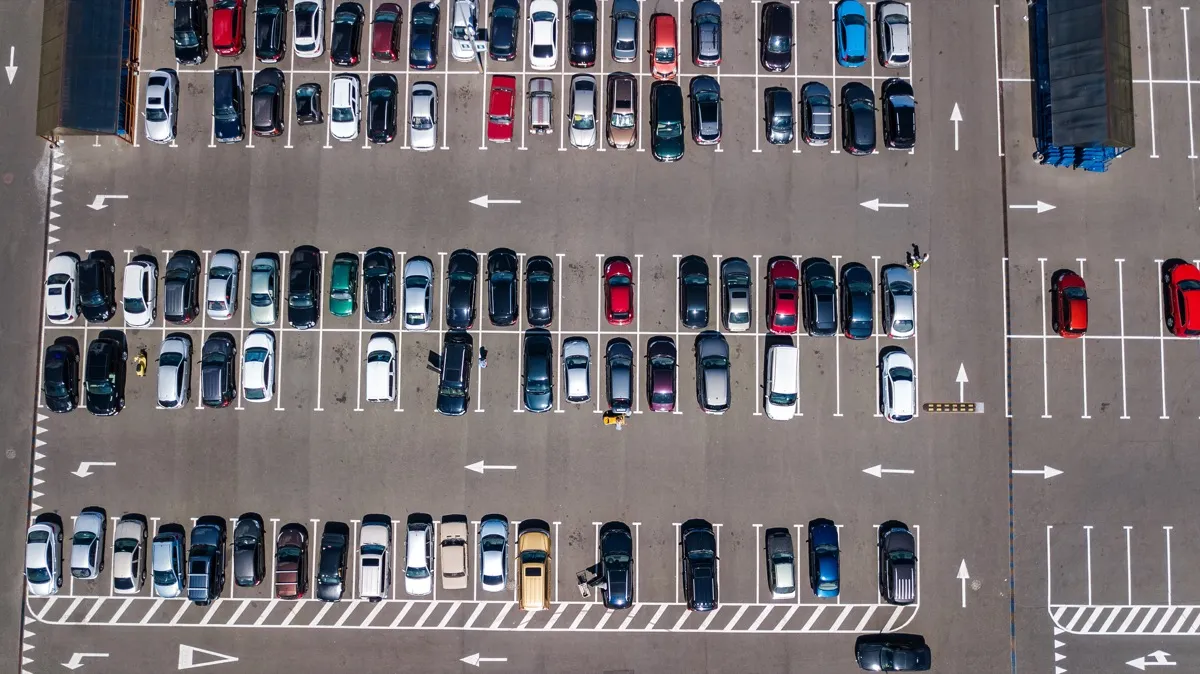
In most major cities, you have two choices when it comes to parking your car: pay an exorbitant fee at a garage, or park it on the street and hope you don’t get slammed with a pricey ticket for violating some traffic law you didn’t even know existed. However, in the suburbs, stores have parking lots, homes have driveways, and those quiet cul-de-sacs mean that the odds of you getting sideswiped by another car are about the same as the chances of being abducted by a UFO.
10
And you can get everything from a drive-thru.
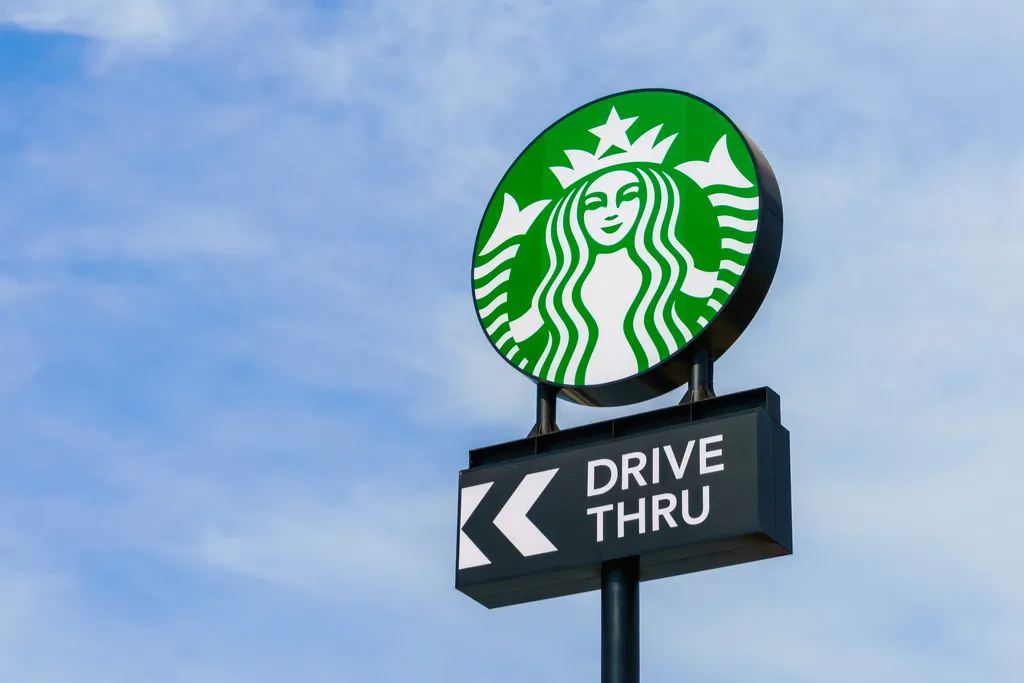
Look, there are some days when you just don’t feel like putting on makeup. Or showering. Or changing out of your pajamas. And in the suburbs, that’s no big deal: Everything from fast food restaurants to coffee joints to pharmacies—and even some liquor stores!—have drive-thrus.
11
Inclement weather isn’t such a hassle.
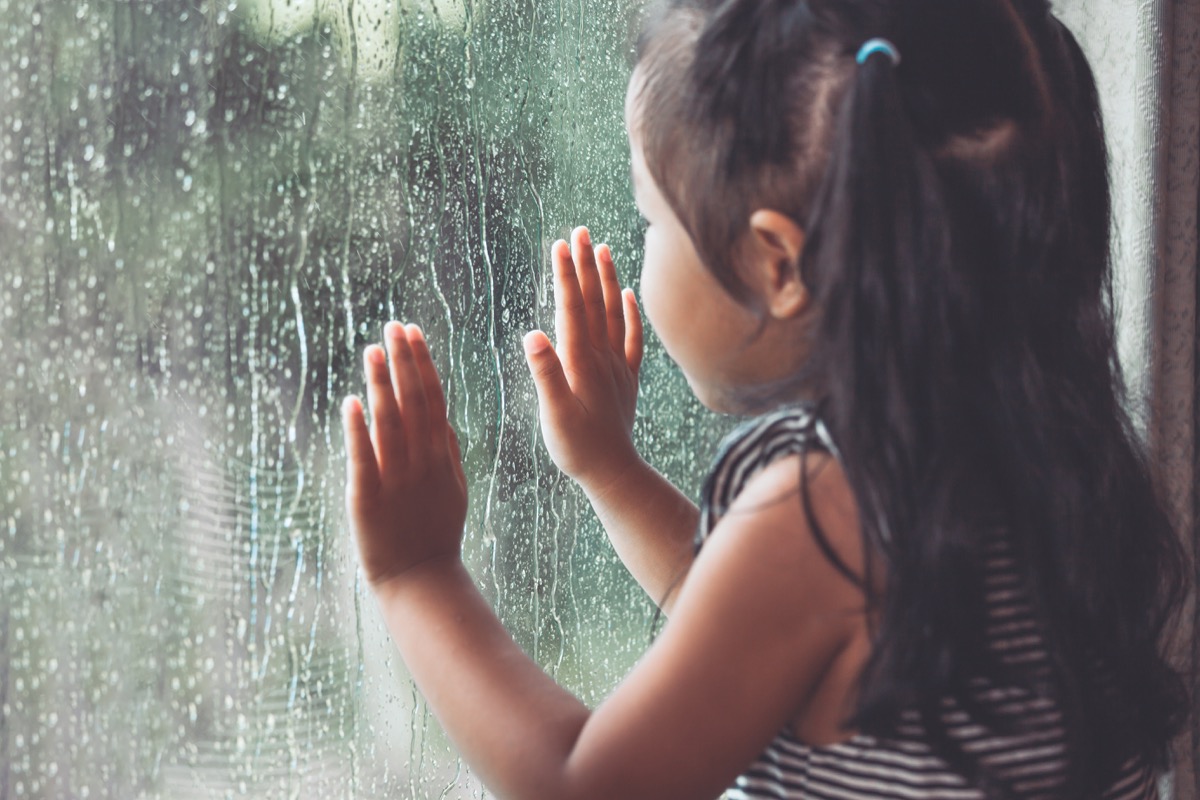
There are few miseries like waiting at a public bus stop in the rain or snow, hoping that you don’t look like a drowned rat by the time you get to work. In suburbs, where mostly everyone drives, you can largely avoid coming face-to-face with Mother Nature’s wrath by simply hopping in the car or grabbing a ride with your neighbor on those unpleasantly cold or wet days.
12
You have more privacy than in a city.

Sure, your apartment in the city might be “yours,” but you share its walls with other people, meaning those early morning dance parties before work probably won’t go over so well. In the suburbs, where single-family homes are the norm, you can hang those pictures on your wall at 4:00 a.m., blast your music in your bedroom, or channel your inner Savion Glover without bothering a soul. And if you choose to do any of that in your underwear, the odds that anyone will be walking past your window are slim to none.
13
Laundry is a chore you get to tackle at home.

Finding an apartment with a washer and dryer in many urban areas is akin to seeing a unicorn. In the suburbs, however, single-family homes and even apartment complexes typically have on-site laundry, meaning you don’t have to spend half of your Saturday at the laundromat—or spend an exorbitant amount of your paycheck on wash-and-fold services.
14
There’s often recourse if your neighbor’s home is driving down property values.
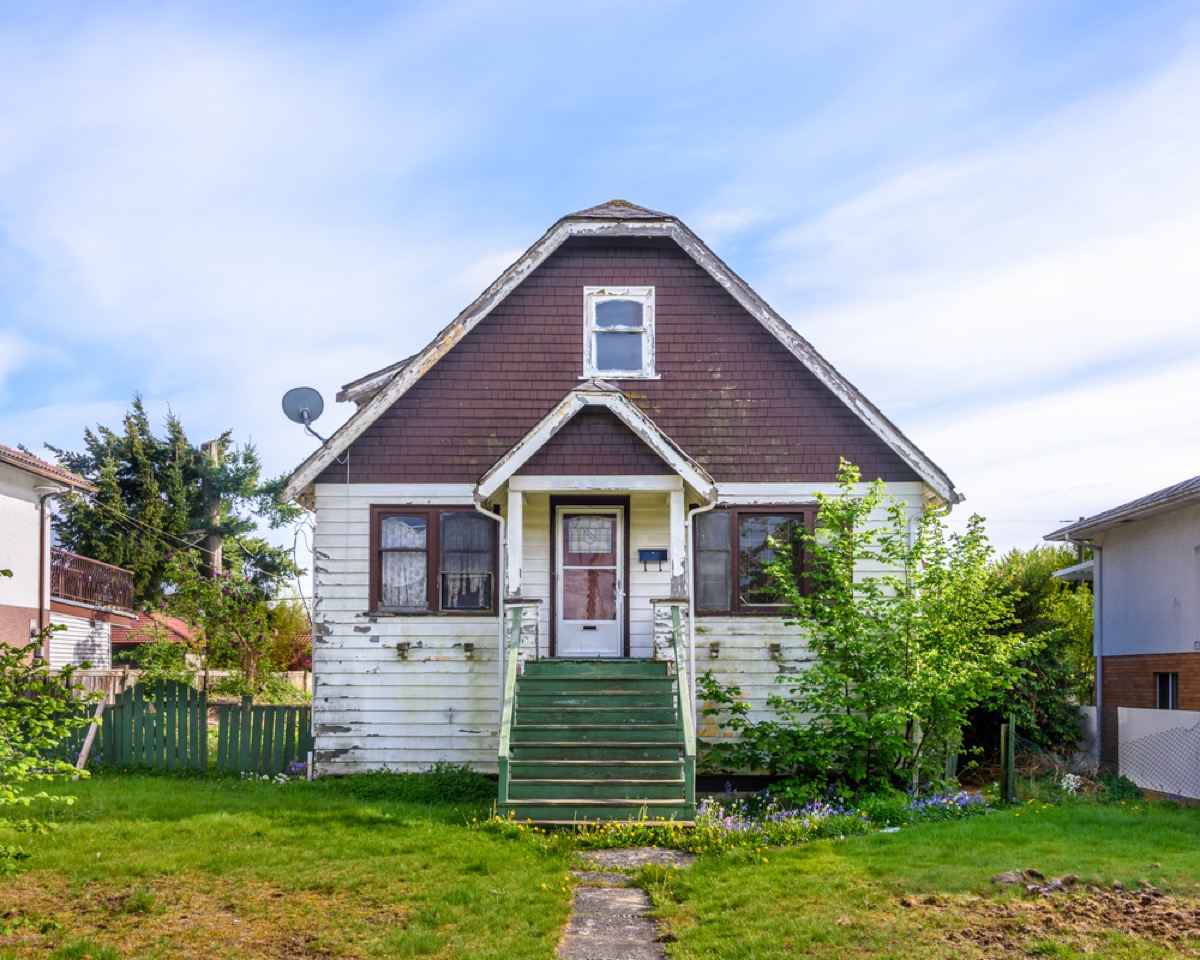
In many urban areas, there’s little to be done if your neighbor’s dilapidated property is tanking your own home’s value. However, the homeowners associations (HOAs) that are common in suburban communities mean that every neighbor has a responsibility to maintain their property, making it more difficult for someone else’s overgrown yard or rotting porch to impact the value of your home.
15
All that fresh-cut grass smells really good.
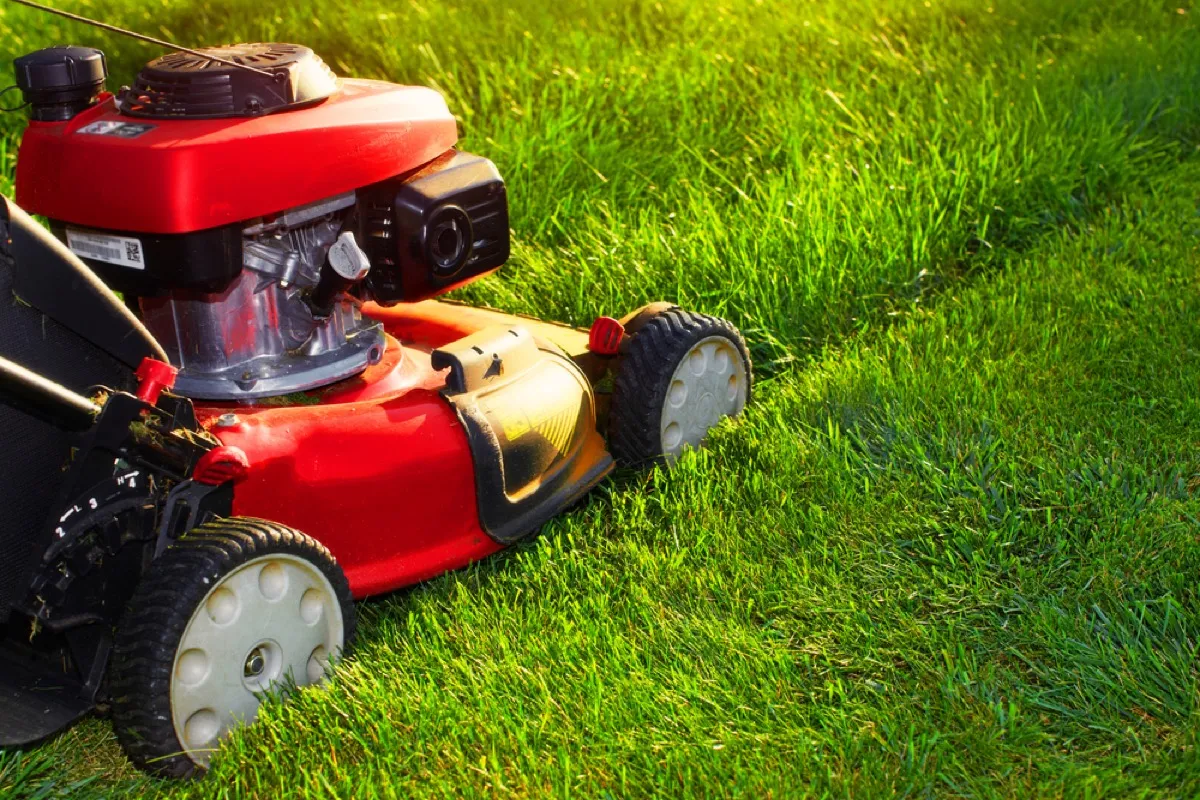
The city has a certain perfume to it—but that signature scent tends to have more notes of trash than florals. In the suburbs, however, the overwhelming scent in the air is a whole lot more pleasant: the freshly-cut grass from everyone’s well-maintained lawns. (Thanks, HOAs.)
16
It’s quiet at night.
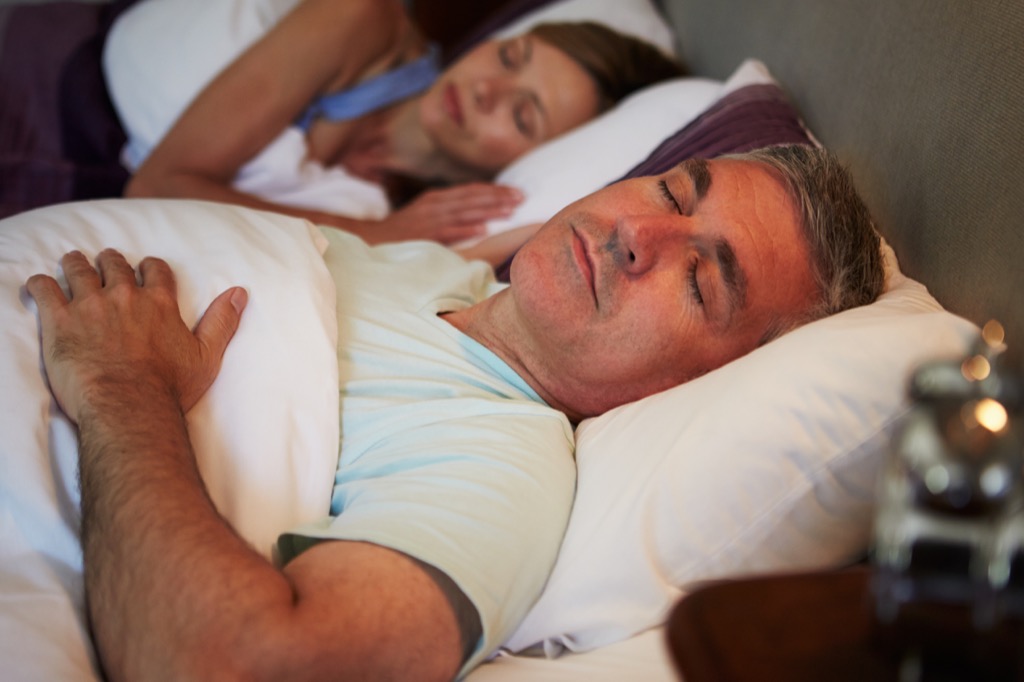
If you have a hard time sleeping, the nightly cacophony in urban areas, from firetrucks to people talking on the street, probably doesn’t do much to help. In the suburbs, the only thing you hear at night is the rustling of leaves on the trees, the chirping of crickets, or the sound of your neighbor’s sprinklers turning on.
17
You can look up and see the stars.

According to The Atlantic, on a clear night, in a zip code with minimal pollution, you can see up to 2,500 stars! In a city? Yeah—good luck seeing a single one. And for what’s beyond those stars, check out these 21 Mysteries about Space No One Can Explain.
To discover more amazing secrets about living your best life, click here to follow us on Instagram!